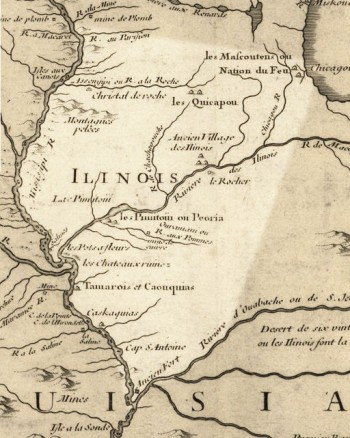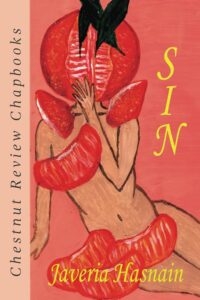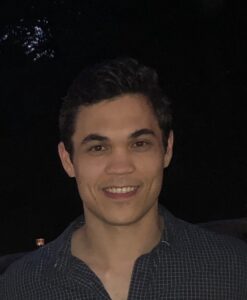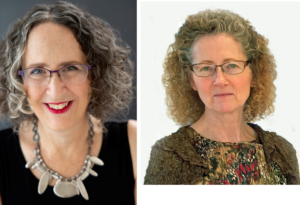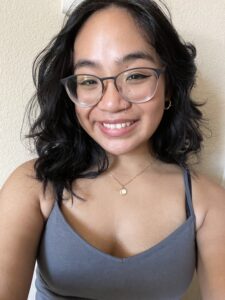A Bio You Won’t Read: I Am From Nowhere and My Work Does Not Address a Sense of Place
by Charlotte Pence
November 12, 2013
I have recently moved from Tennessee to Illinois, a state that I used to think about only in relation to Chicago. When I was six, my mother had to explain to me that Chicago was not a state, but part of something larger, this thing called Illinois. Well, I’m now living in this thing called Illinois, more specifically, Charleston, Illinois, a town of 22,000. I have lived in approximately twenty different cities, both national and international, so moving is something I am accustomed to. But I am having a different feeling about this move. Perhaps it is a feeling that others are having this time of year when college acceptance letters and university job offers have materialized into new realities. I don’t understand the landscape where I now live. As a poet who has identified herself with the Appalachian landscape, I find myself in that unsettling space of placelessness.
One interesting aspect about place is that the process of naming it, of acknowledging it, separates a place from an undefinable space. In other words, if we imagine space as a circle, it is just a vast amount of nothing until someone adds a dot and calls it: “Dot.” Suddenly, the dot creates a reference point, therefore creating a place. Borders, in a sense, are just a series of dots that a group has jotted down on paper. So, what may feel very personal, even idiosyncratic, about a place is dependent upon a community to move it from a private association to a physical location. For instance, by writing down the name of my grandfather’s valley, Possum Holler, which is too small and remote for any map, I am able to nudge that speck of place from a personal memory to a public location. I have articulated and shared the dot that is meaningful to me.
Describing a sense of place isn’t limited to literature, of course. Film, art, psychology, geography all study the effect of place on the person or project. Since Robert Schumann’s celebrated review of Schubert’s Symphony in C in 1840, music critics have considered how the place of the composition aids in understanding the music. The last twenty years in ethnomusicology and popular-music studies have seen unprecedented discussions of how place influences music and, in turn, how that same music can then affect the place.
So, what is a writer to do when he/she doesn’t “get” the landscape? As I write this, I sit on my rental cabin’s porch, which is situated on the southern, hilly side of town. The hills make me feel a bit more at home. Still, certain details remind me that I’m not home. A creek surrounds the cabin, yet there’s no water in it. To me, this would indicate that we are experiencing a drought, but I don’t know this for sure. Is a lack of rain normal in central Illinois in October? I also see lovely trees, but that is all I know to say. These palmate-veined leaves cannot be transformed into a specific tree that I know. Where I once would have said “maple,” I now say, “tree.” Specificity has been exchanged for abstraction, which is rarely a welcome change for a writer.
Even the corn and soybeans that surround me are sources of confusion. When I lived in Georgia as a kid, I would sell our extra Silver Queen corn and Big Boy tomatoes at the Saturday Farmer’s Market. When my brother was too busy to load his truck and let it sit there for the morning sale, I’d set up a table with two sawhorses and sell the extras in front of the house. My point is, I know more than a bit about gardening and the joy of eating what I grow. Seeing all this corn fattening inside their husks creates such a desire to stop the car and snatch an ear or two. But I’m told I can’t eat the soybeans and corn that I see growing around me. Here, vegetables are not meant for food, but for ethanol, feed, and high fructose corn syrup.
The solution, of course, will be to get out a little guidebook and go on some hikes. But I wonder. The one poem that I have started and finished since my move here is set in a purely fantastical realm: a discovered mermaid cemetery where the ocean has shriveled up and become a bustling tourist trap. What interests me about this poem is how it is about nothing I know, which at the present is what I know. With the realities of a new tenure-track position and a toddler, both of which have bottomless needs that engage me, I wonder how much time I will have to learn the names of things anytime soon, especially with winter coming. Maybe, this sense of placenessness will open up my poetry to more imaginative places. As the exterior world baffles, my hope is that the interior world will grow more vivid, more like a home whose warm rooms provide both comfort and surprise.
ABOUT THE AUTHOR
Charlotte Pence’s first full-length poetry collection, Spike, will be released by Black Lawrence Press in 2014. A professor of English and creative writing at Eastern Illinois University, she is also the author of two award-winning poetry chapbooks and the editor of The Poetics of American Song Lyrics (University Press of Mississippi, 2012).


